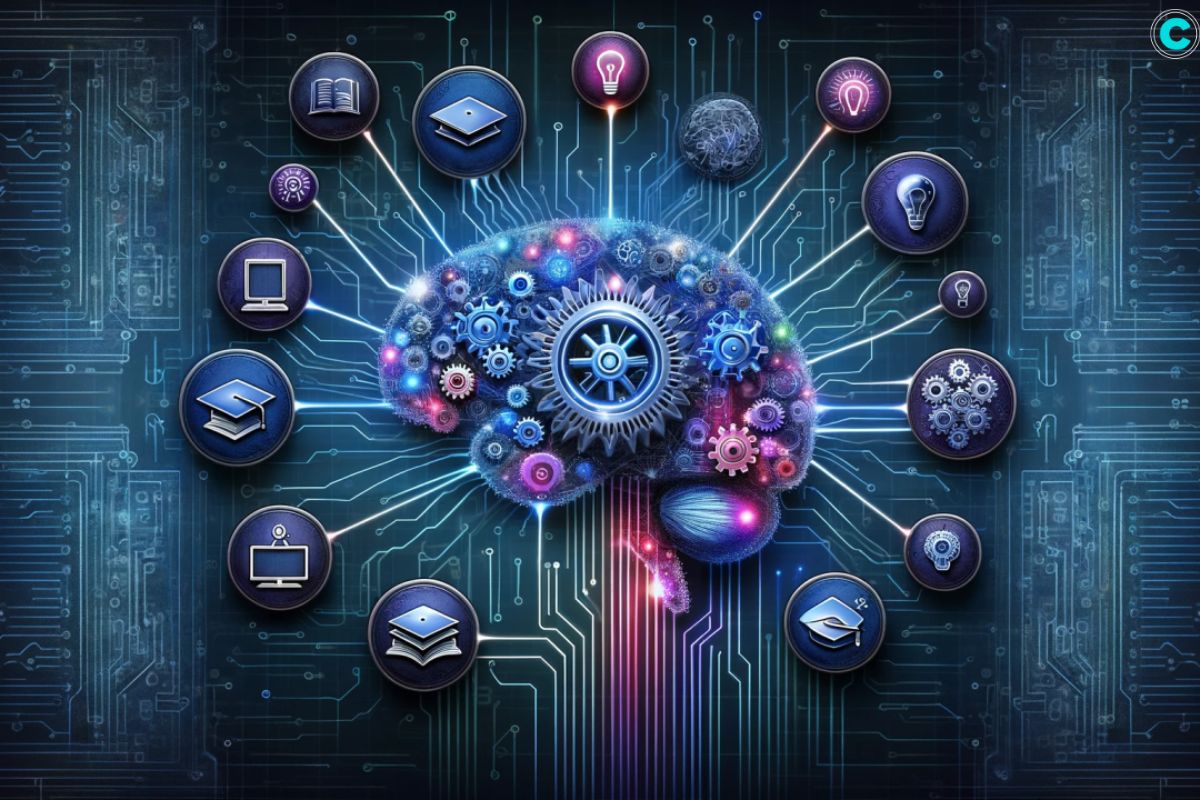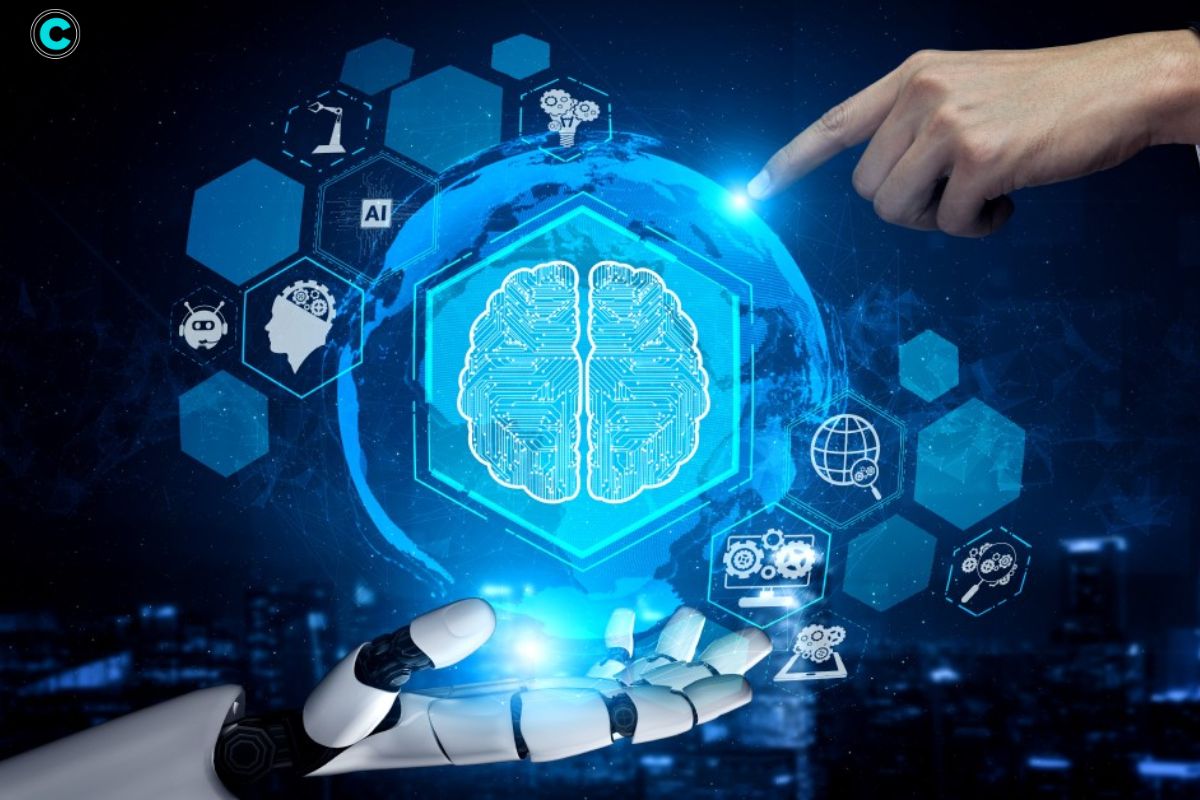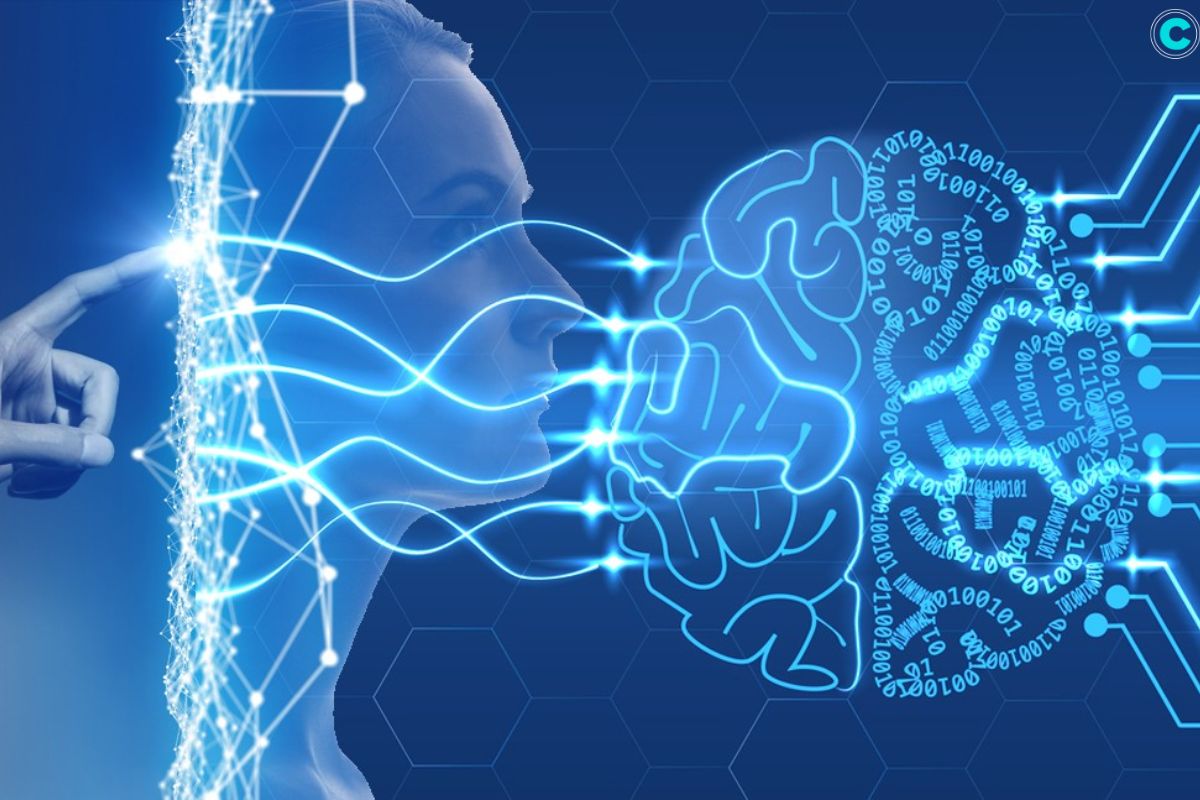(Source – The Economic Times)
Have you ever heard of “meta-learning”? It’s a cool idea in the world of artificial intelligence and machine learning. Basically, it’s all about creating models that can learn new things faster by using what they already know. This article takes a deep dive into meta-learning, why it’s important, how it’s used, and what the future holds for it. We’ll even answer some common questions to help you understand this advanced topic better.
Understanding Meta-Learning
It involves creating algorithms that can adapt and learn new tasks rapidly by using knowledge gained from previous tasks. Traditional machine learning models require extensive training data and time to learn each new task from scratch. In contrast, its models aim to generalize from past experiences, enabling them to perform new tasks with minimal additional data and training.
There are several approaches to it, each with its own advantages:
- Model-Based Methods: These methods involve designing models with an internal architecture that can quickly adapt to new tasks. A well-known example is the Long Short-Term Memory (LSTM) network, which is particularly suited for sequence prediction tasks.
- Metric-Based Methods: These approaches focus on learning a similarity metric that can quickly compare new tasks with previously learned tasks. Prototypical Networks are a popular example, where the model learns to identify and classify new instances based on their similarity to known prototypes.
- Optimization-Based Methods: These methods optimize the learning process itself. One of the most prominent examples is the Model-Agnostic Meta-Learning (MAML) algorithm, which finds model parameters that can be fine-tuned efficiently for new tasks.
Significance of Meta-Learning

It holds significant potential in various fields due to its ability to:
- Reduce Training Time: By leveraging prior knowledge, these models can quickly adapt to new tasks, drastically reducing the time and computational resources required for training.
- Improve Generalization: It enhances the ability of models to generalize from limited data, which is crucial in real-world scenarios where data can be scarce or expensive to obtain.
- Enable Transfer Learning: It facilitates the transfer of knowledge across different but related tasks, making it an essential tool for developing versatile AI systems.
Applications of Meta-Learning
- Healthcare: In medical diagnosis, these models can rapidly adapt to new diseases or conditions, improving diagnostic accuracy and speed even with limited patient data.
- Robotics: It enables robots to learn new tasks with minimal training, enhancing their versatility and adaptability in dynamic environments.
- Natural Language Processing (NLP): Its algorithms can improve the performance of language models on new languages or dialects with minimal additional training, making them more robust and useful in multilingual settings.
- Autonomous Vehicles: These vehicles can benefit from it by quickly adapting to new driving environments or conditions, thereby enhancing safety and reliability.
- Financial Services: It can optimize trading algorithms to adapt to changing market conditions, improving investment strategies and risk management.
Challenges in Meta-Learning

Also known as learning to learn, it is a field of study that focuses on developing algorithms and techniques to enable machines to learn how to learn. While it offers numerous benefits, it also presents several challenges. Let’s explore these challenges in more depth:
1. Complexity:
Designing and implementing its algorithms can be complex, requiring a deep understanding of both machine learning and the specific domain of application. it involves developing models that can learn from previous learning experiences and generalize that knowledge to new tasks. This complexity arises from the need to design algorithms that can effectively capture and utilize this meta-knowledge.
2. Scalability:
Ensuring that its models scale effectively with increasing amounts of data and tasks is a significant challenge. As the number of tasks and the complexity of the data increase, its algorithms need to be able to handle the growing computational demands. Scaling its models to handle large-scale datasets and complex tasks is an ongoing area of research.
3. Evaluation:
Measuring the performance and generalization capabilities of its models can be difficult, especially when compared to traditional machine learning approaches. It involves learning from a set of tasks and then applying that knowledge to new tasks. Evaluating the performance of its models requires careful consideration of how well they generalize to unseen tasks and how effectively they leverage the meta-knowledge acquired from previous tasks.
One of the key challenges in it is the systematic experiment design. Experiments and trials take a long time to find the best model that performs well on a given dataset. it can help address these challenges by optimizing and finding learning algorithms that perform better.
Another challenge is the complexity of models or neural networks used in it. As models become more complex, they become increasingly difficult to configure. Optimizing the parameters for these complex models can be a challenging task.
The interest in it has been growing over the last few years, especially with the increasing use of deep learning and advanced machine learning algorithms. The difficulties in training these algorithms have further fueled the interest in its studies.
Future Prospects of Meta-Learning

The future of it looks promising, with ongoing research and development aimed at overcoming current limitations and expanding its applications. Key areas of focus include:
- Improving Model Architectures: Developing more efficient and adaptable model architectures to enhance the performance and scalability of it algorithms.
- Enhancing Transfer Learning: Refining techniques for transferring knowledge across tasks and domains to improve generalization and adaptability.
- Integrating Meta-Learning with Other AI Techniques: Combining it with other advanced AI techniques, such as reinforcement learning and generative models, to create more powerful and versatile AI systems.
- Expanding Applications: Exploring new applications and domains where they can provide significant benefits, from personalized education to environmental monitoring.
Frequently Asked Questions (FAQs)
1. What is meta-learning in simple terms?
It is a method in artificial intelligence where models learn to adapt quickly to new tasks by using knowledge gained from previous tasks, thus “learning to learn.”
2. How does meta-learning differ from traditional machine learning?
Traditional machine learning models require extensive training for each new task. In contrast, its models leverage prior knowledge to learn new tasks more efficiently and with less data.
3. What are some popular meta-learning algorithms?
Some popular algorithms include Model-Agnostic Meta-Learning (MAML), Prototypical Networks, and Long Short-Term Memory (LSTM) networks.
4. What are the main applications of meta-learning?
It is used in various fields such as healthcare for rapid medical diagnosis, robotics for task adaptation, NLP for language processing, autonomous vehicles for environment adaptation, and financial services for optimizing trading algorithms.
5. What are the main challenges in meta-learning?
The main challenges include the complexity of designing algorithms, ensuring scalability, and effectively evaluating model performance and generalization capabilities.
Conclusion
It represents a significant advancement in the field of artificial intelligence, offering the potential to create more adaptable, efficient, and versatile models. As research and development continue, the impact of meta-learning is expected to grow, transforming numerous industries and applications.






